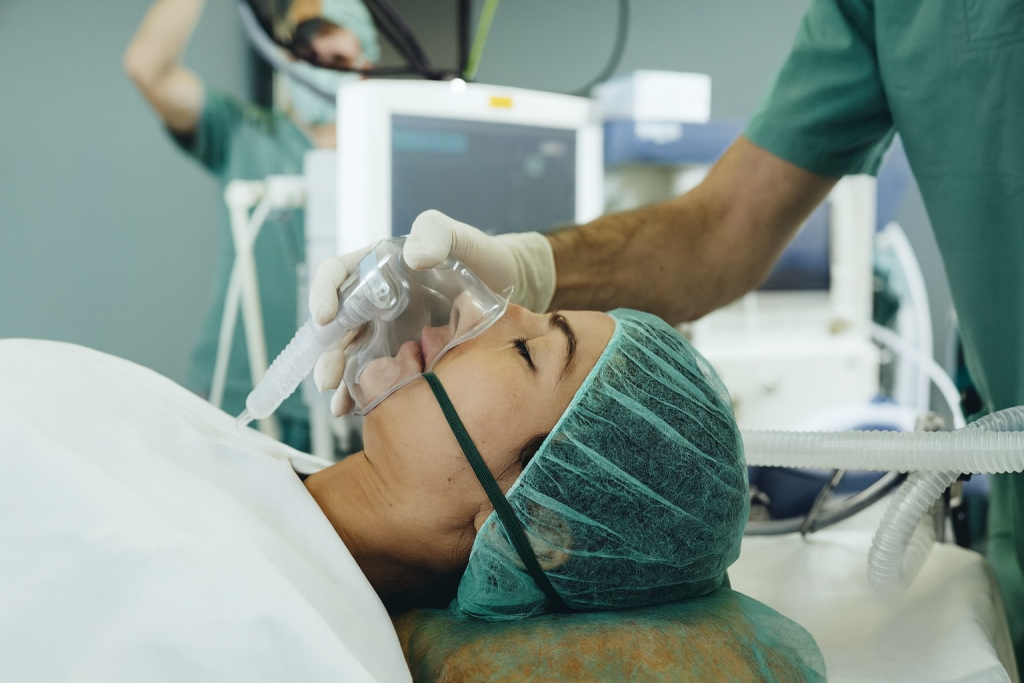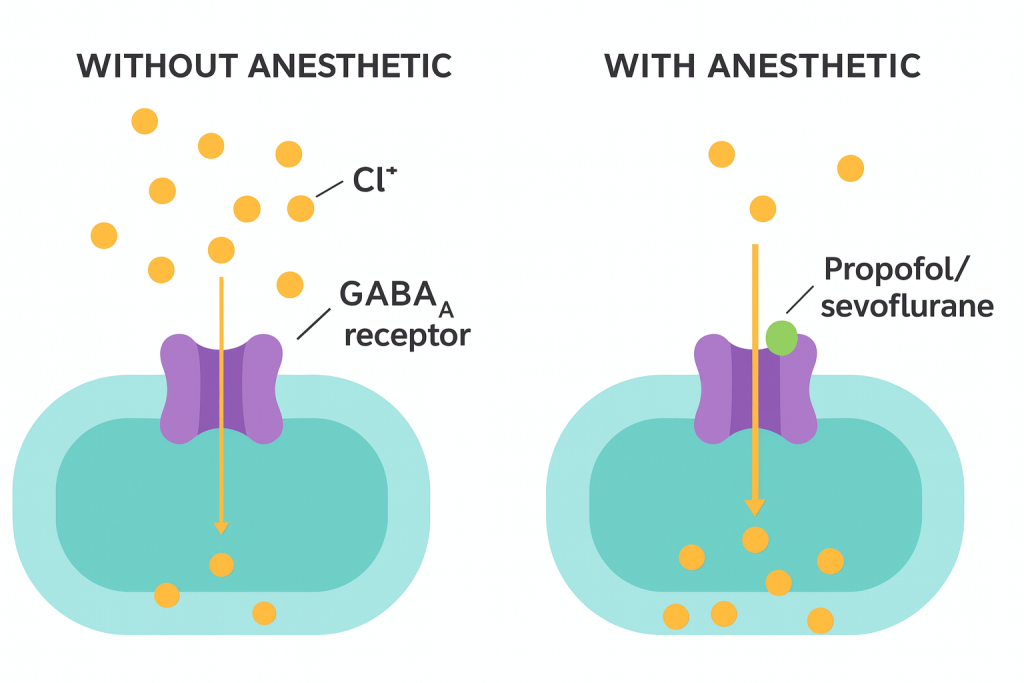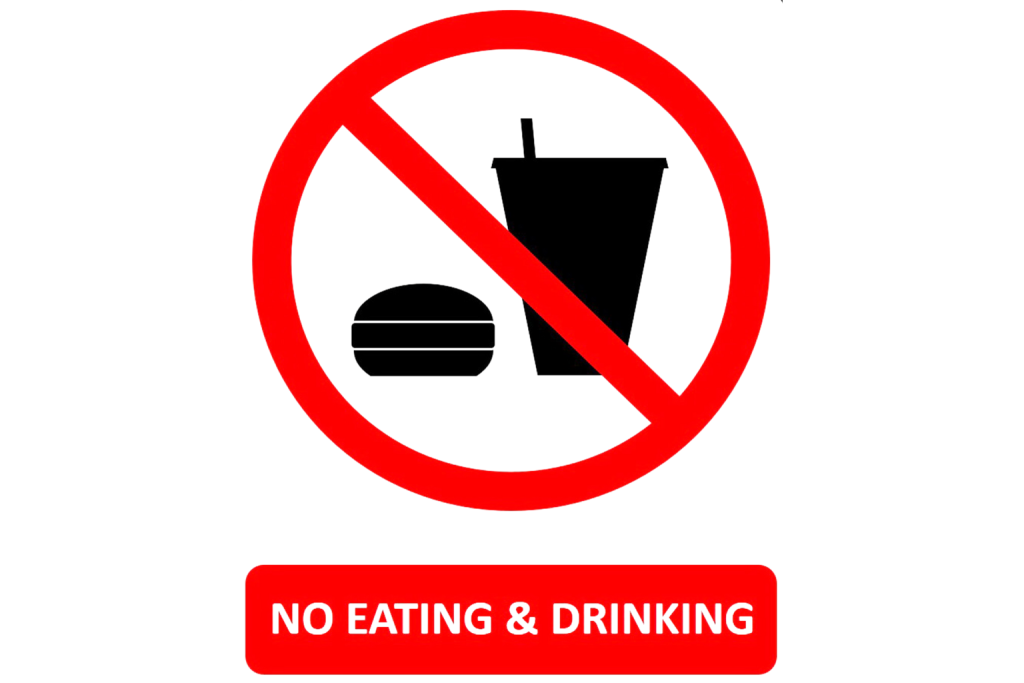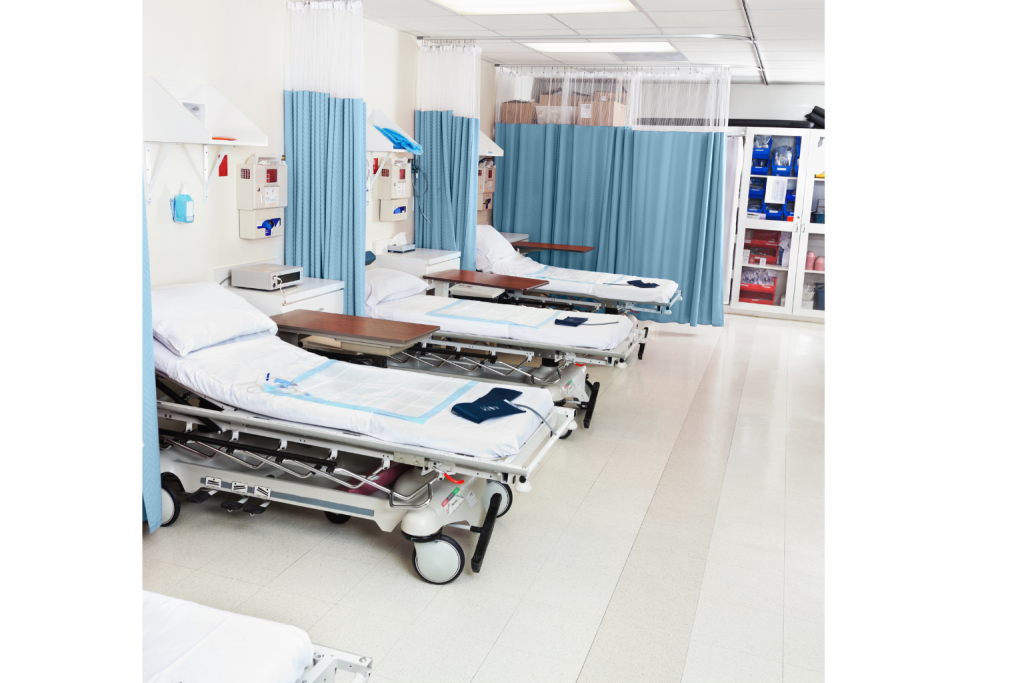General anaesthetic is a type of medicine used during surgery to make a person completely unconscious and unable to feel pain.
Unlike a local anaesthetic, which numbs only one part of the body, general anaesthetic affects the whole body. It ensures that patients do not feel, hear, or remember the procedure taking place. General anaesthesia is usually given by injection into a vein or by breathing in gases through a mask. It is carefully controlled by an anaesthetist, a doctor who specialises in this field. While under general anaesthetic, your vital signs such as heart rate, breathing, and blood pressure are monitored closely at all times.
It is used when an operation would be too painful or complex for a local or regional anaesthetic. For example, procedures on the chest, abdomen, brain, or heart almost always require general anaesthesia. It is also chosen when patients need to remain very still for a long period or when muscle relaxation is essential for the surgery.
Some people also require general anaesthetic if they are anxious or if the operation would otherwise be too distressing.

General anaesthetic works by interfering with the way nerves carry signals in the brain and body. Once the medicines enter the bloodstream, they act quickly to block pain signals and reduce awareness. Within seconds, the patient becomes unconscious.
While the person is asleep, a breathing tube may be inserted into their windpipe to make sure they get enough oxygen. The level of anaesthetic is adjusted throughout the operation to keep the patient safely unconscious, and then it is gradually reduced when the surgery is complete.

This diagram shows how anaesthetic medicines affect the brain. On the left, without anaesthetic, a small amount of chloride flows through the GABA receptor, which only slightly calms brain activity. On the right, with anaesthetic (such as propofol or sevoflurane), the medicine helps the receptor stay open longer, allowing more chloride to enter. This increased flow makes brain cells much quieter, which helps the body relax, fall asleep, and stay pain-free during surgery.
Before surgery, patients usually meet the anaesthetist to talk through their medical history. They are asked about allergies, medicines, past reactions to anaesthetic, and whether they smoke or drink alcohol. These details help the anaesthetist decide which drugs and doses to use.
Patients are also asked not to eat or drink for several hours before surgery. This is to reduce the risk of food or liquid entering the lungs while unconscious. Sometimes pre-medication is given to help people relax or reduce stomach acid before the operation.

Most people describe the feeling as very quick. After the injection or breathing in the anaesthetic gas, there is usually a light-headed sensation followed by rapid drowsiness. Many patients report that it feels like going to sleep instantly, with no memory of the time that passes. Waking up can feel like only moments later, even if the operation has taken hours.
Most side effects are short-term and improve within a few hours or days. These include feeling sick, shivering, a sore throat from the breathing tube, and temporary confusion or drowsiness. Older people may take longer to recover and sometimes feel more confused for a day or two after surgery.
Less common side effects include allergic reactions, chest infections, or awareness during surgery, though the latter is very rare thanks to modern monitoring. Serious complications, such as damage to the heart or brain, are extremely uncommon and usually linked to existing health conditions.
For most people, general anaesthetic is very safe. Advances in medicine, better monitoring equipment, and highly trained anaesthetists mean that the risks are much lower than in the past. However, the level of risk depends on the patient’s overall health, age, and the type of surgery.
People with conditions such as heart disease, diabetes, obesity, or breathing problems may face slightly higher risks. This is why the pre-operative assessment is important, as it allows the team to prepare and reduce any dangers.
In the UK, general anaesthetic is given by an anaesthetist. This is a fully qualified doctor with specialist training in anaesthesia, pain relief, and critical care. They stay with the patient throughout the operation, adjusting the dose and watching vital signs to keep everything stable. A team of anaesthetic nurses and operating department practitioners usually assist.
After surgery, patients are taken to a recovery room where nurses monitor them closely until they are fully awake. Most people wake up within minutes, although grogginess can last for a few hours. Some feel sick, but anti-sickness medicines are often given to help.
Recovery times vary depending on the type of surgery. For minor operations, patients may go home the same day. For major surgery, a hospital stay of several days or longer is common. It may take a few days to feel fully alert again, especially for older patients.

Most people can have it safely, but in some cases, doctors may recommend alternatives. For example, if someone has severe heart or lung disease, regional anaesthesia (such as a spinal or epidural block) may be safer. Pregnant women, older people, and those with multiple medical problems require extra care, but general anaesthetic can still be given if needed.
For the vast majority, there are no long-term effects. Some people may feel tired for a few days or notice mild memory lapses, but these usually improve. Very rarely, complications such as nerve damage or awareness during surgery can occur, but these are exceptional. Research continues to study whether repeated anaesthesia has lasting effects, particularly in older people, but current evidence shows it is generally safe.
Preparation involves following your doctor’s advice carefully. Fasting before surgery is important to reduce risks. Stopping smoking can improve lung function and reduce complications. Some medicines, such as blood thinners, may need to be stopped before the operation. Patients are encouraged to stay as healthy as possible in the weeks leading up to surgery, including eating well, staying active, and managing any existing conditions.
General anaesthetic is a powerful medicine that allows patients to undergo major surgery without pain or awareness. It is carefully given and monitored by anaesthetists, making it safe for most people. While it carries some risks, especially in those with underlying health problems, the benefits usually outweigh them when surgery is necessary. Recovery is generally smooth, with side effects such as sickness or drowsiness improving quickly.
Understanding what general anaesthetic is, why it is used, and how it works helps reduce anxiety before surgery. It is one of the most important tools in modern medicine, making complex operations possible and safe for millions of people every year.
Disclaimer: Seonat provides general health information for educational purposes only. This content is not a substitute for professional medical advice, diagnosis, or treatment. Always seek the advice of your GP or another qualified health provider with any questions about a medical condition or before making health decisions.

Simplifying health information for those who need it most
Please note: we are not medical professionals, and the content on this website is for general information only. Always speak to a qualified healthcare provider for medical advice.